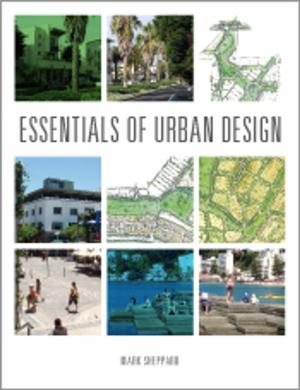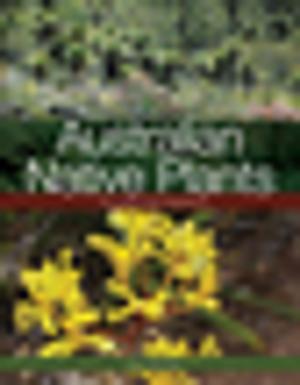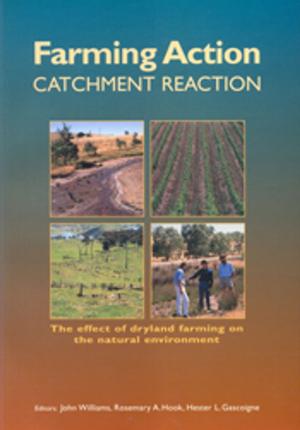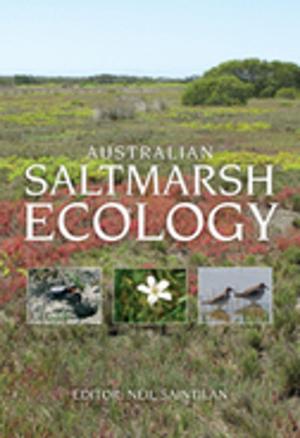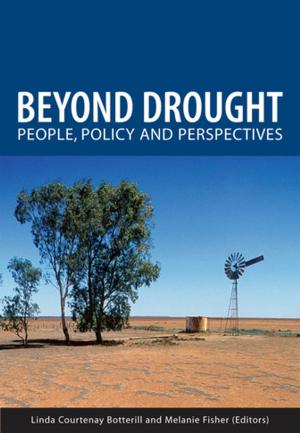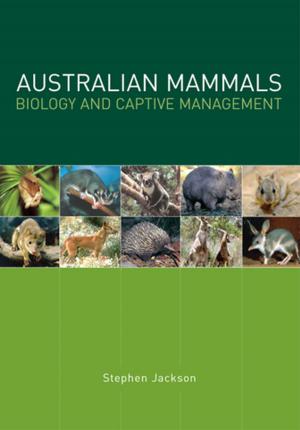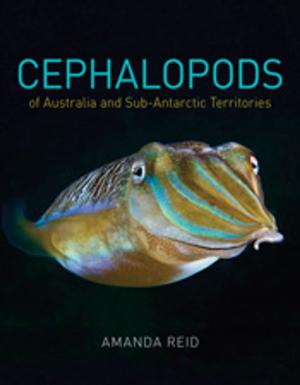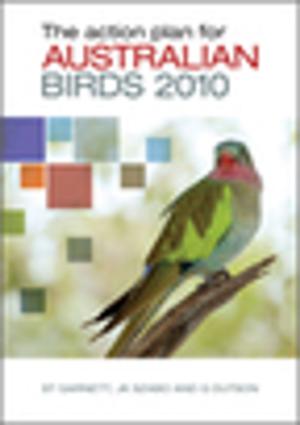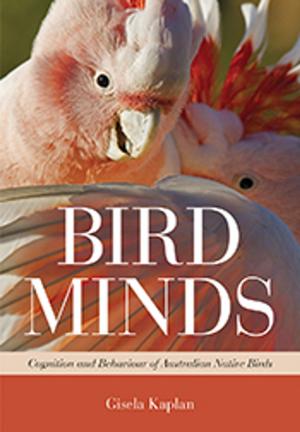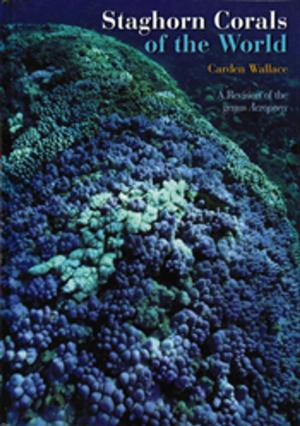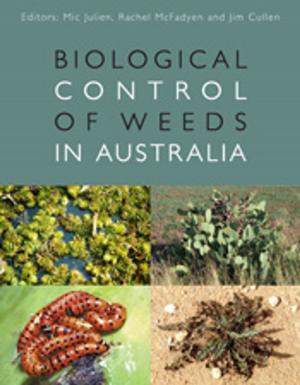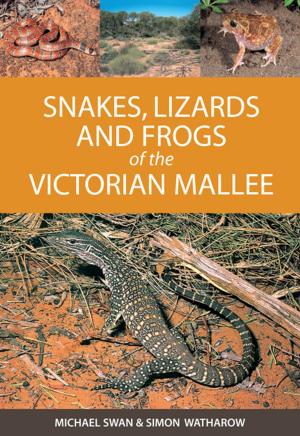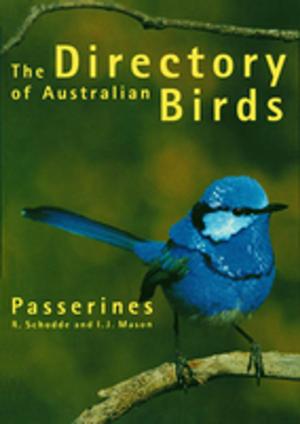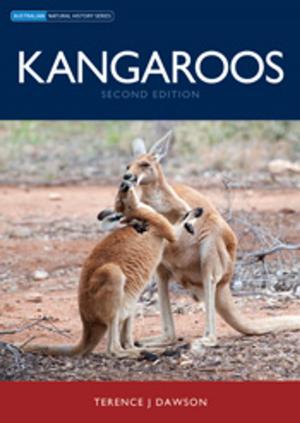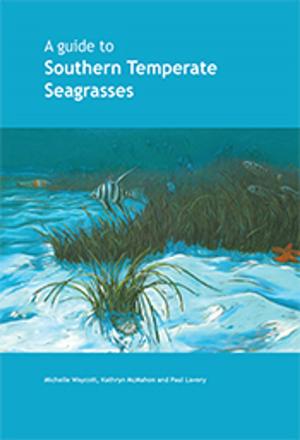Planting for Wildlife
A Practical Guide to Restoring Native Woodlands
Nonfiction, Science & Nature, Technology, Nature, Science| Author: | Nicola Munro, David Lindenmayer | ISBN: | 9780643103146 |
| Publisher: | CSIRO PUBLISHING | Publication: | August 19, 2011 |
| Imprint: | CSIRO PUBLISHING | Language: | English |
| Author: | Nicola Munro, David Lindenmayer |
| ISBN: | 9780643103146 |
| Publisher: | CSIRO PUBLISHING |
| Publication: | August 19, 2011 |
| Imprint: | CSIRO PUBLISHING |
| Language: | English |
Across Australia, woodlands are increasingly being planted on formerly cleared or semi-cleared land. Such revegetation efforts can improve biodiversity of farm wildlife, enhance aesthetics of the landscape and even boost farm production. Planting for Wildlife provides the latest information on restoring woodlands, with particular emphasis on plantings as habitat for wildlife. Key topics include why it is important to revegetate, where to plant, how to prepare a site, how to maintain and manage plantings, and how they change over time. The authors focus on the south-eastern grazing region where domestic livestock grazing and/or cropping have been prominent forms of land use. These agricultural landscapes have suffered widespread land degradation and significant losses of biodiversity. Revegetation is a vital step towards solving these problems. The book includes high-quality colour photographs to support the themes discussed. It is ideal for natural resource managers; field staff from state and federal government agencies; landholders; hobby farmers; vineyard owners; naturalists interested in birds, conservation and revegetation; as well as policy makers in regional, state and federal government.
Across Australia, woodlands are increasingly being planted on formerly cleared or semi-cleared land. Such revegetation efforts can improve biodiversity of farm wildlife, enhance aesthetics of the landscape and even boost farm production. Planting for Wildlife provides the latest information on restoring woodlands, with particular emphasis on plantings as habitat for wildlife. Key topics include why it is important to revegetate, where to plant, how to prepare a site, how to maintain and manage plantings, and how they change over time. The authors focus on the south-eastern grazing region where domestic livestock grazing and/or cropping have been prominent forms of land use. These agricultural landscapes have suffered widespread land degradation and significant losses of biodiversity. Revegetation is a vital step towards solving these problems. The book includes high-quality colour photographs to support the themes discussed. It is ideal for natural resource managers; field staff from state and federal government agencies; landholders; hobby farmers; vineyard owners; naturalists interested in birds, conservation and revegetation; as well as policy makers in regional, state and federal government.

